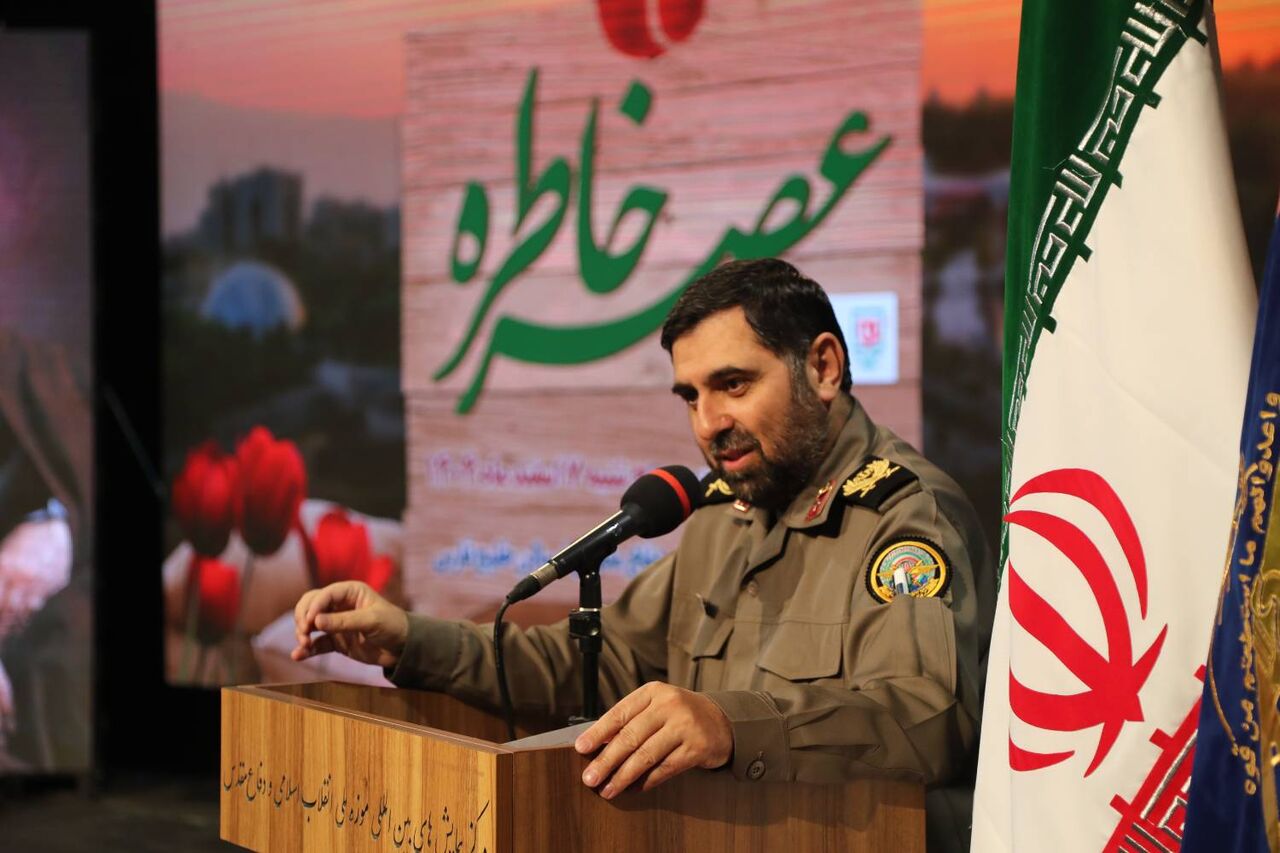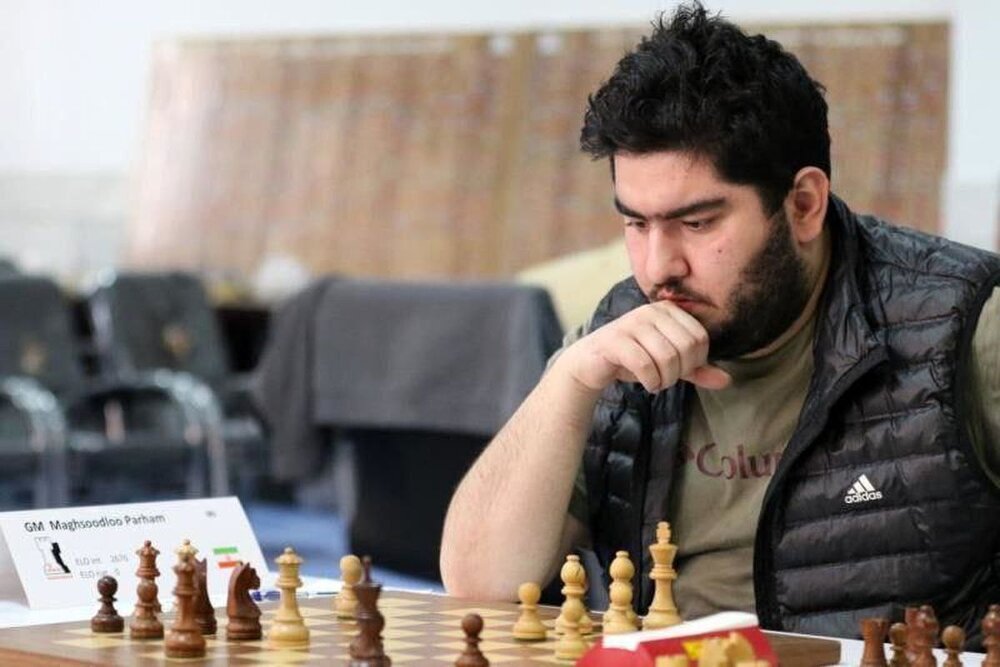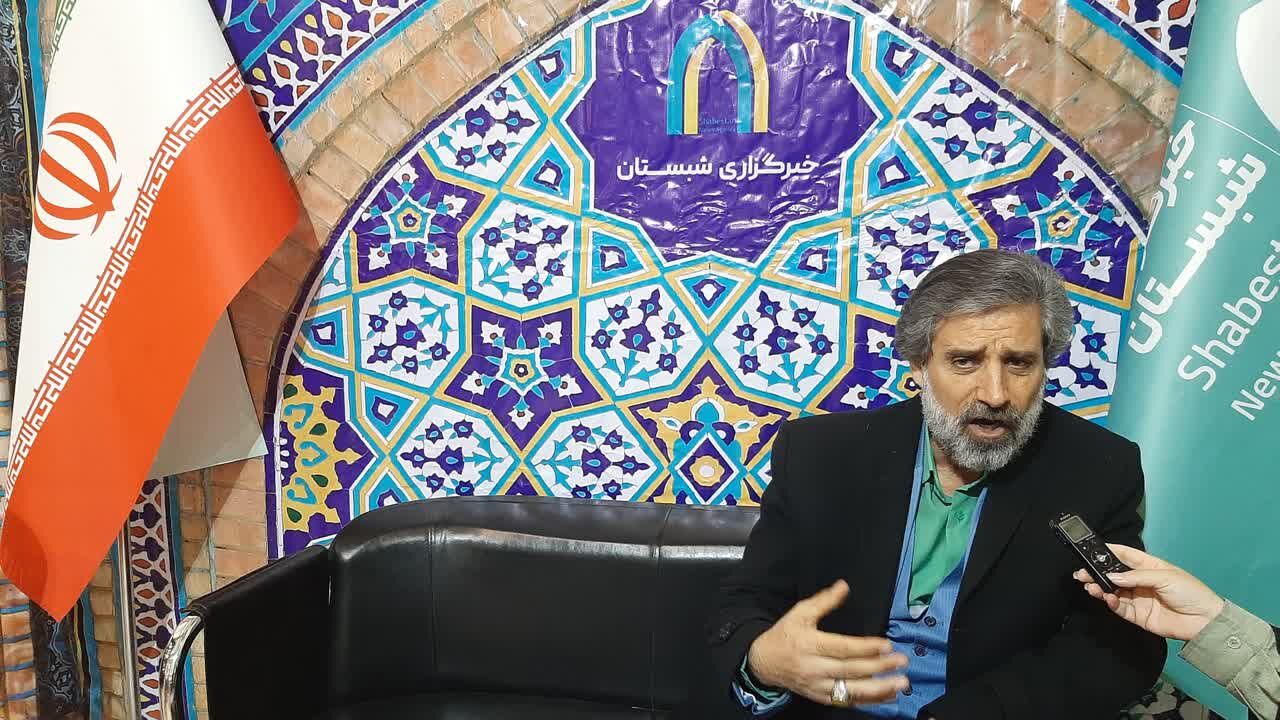Mamdani’s victory shows how Gaza has crashed the march of the right
Mamdani’s victory shows how Gaza has crashed the march of the right

Something shifted in New York.
In a city where financial power and media consensus ordinarily define the limits of political possibility, a young Muslim democratic socialist defeated a former governor backed by US President Donald Trump and the donor networks accustomed to pre-deciding electoral outcomes.
The familiar accusations -"radical", "communist", "Muslim antisemite" - were deployed across mainstream coverage.
They failed and Mamdani won.
He did so against a joint establishment effort. Trump publicly endorsed former governor Andrew Cuomo. Major Democratic Party figures withheld support from Mamdani until the final days – and even then, gave it reluctantly.
The race became a confrontation not only with the Republican right, but with the centrist leadership of the Democratic Party that has dominated its direction for decades.
Weakening the Trump project
Mamdani’s win marks the breakthrough of the true left inside a party long disciplined by donor politics and triangulation.
These were local elections - centred on transit, housing, and public services - not presidential contests. Yet in New York, local elections signal national direction. They reveal where the current is moving before it becomes visible.
And the current has shifted.
In Virginia, Abigail Spanberger captured the governorship after four years of Republican rule. In New Jersey, Mikie Sherrill defeated Jack Ciattarelli decisively.
In California, nearly two-thirds of voters supported Proposition 50, reversing Republican-style redistricting strategies imported from Texas.
Taken together, these results signal a weakening of the Trumpian project - a formation built on anti-immigrant fear, Islamophobia, managed grievance, and the political power of concentrated wealth.
Its forward momentum has stalled. It is now being confronted by a new political subject: younger, migrant, multi-racial and working-class.
Mamdani’s campaign was not built through elite patronage. It was organised horizontally: students, tenants, working-class youth, undocumented organisers, Black and brown families, white youth disillusioned with managerial liberalism.
It was funded in small donations, sustained through direct contact. The movement out-organised money against tens of millions from business elites and pro-Israel lobby group Aipac.
And Mamdani won more than a third of Jewish votes – dissolving, in electoral fact rather than argument, the claim that solidarity with Palestine is antisemitic.
This shift, however, is not uniquely American.
In the Netherlands, Geert Wilders’ dominance was interrupted by a centre-left coalition.
In the United Kingdom, the Green Party’s membership surged past 150,000 because it named the genocide in Gaza clearly – with its young Jewish leader, Zack Polanski, speaking with a clarity that the Labour Party refused.
Legitimacy test
In Wales, Plaid Cymru party condemned the genocide without hesitation, demanded an arms embargo, backed Palestinian statehood in the Senedd, and joined demonstrations publicly – and its support held.
Moral clarity on Gaza has become the new measure of political legitimacy and hesitation now reads as weakness
Ireland's prominent nationalist party Sinn Féin’s unwavering language on Gaza restored its position as the party of anti-colonial solidarity, strengthening its support across working-class, youth, and older Republican communities alike.
And in Ireland again, Catherine Connolly’s landslide on 24 October 2025 – 63.4 percent of the vote and 914,143 first-preference ballots, the largest since the presidency was created – confirmed that voters are rewarding moral clarity.
In France, La France Insoumise surged to become the principal opposition force, drawing especially strong support from young voters, Muslims, and working-class neighbourhoods.
Across these contexts, the pattern is clear: moral clarity on Gaza has become the new measure of political legitimacy and hesitation now reads as weakness. Euphemism now reads as complicity.
The reason is simple: Gaza shattered the machinery of silence.
The genocide exposed not only the violence of the Israeli state – the bombardment, the siege, the forced displacement– but also the system that had guarded it: media discipline, donor intimidation, and the strategic use of antisemitism to suppress dissent.
The taboo collapsed
For nearly a decade, right-wing populism defined the horizon of political possibility. The centre-right shifted right. The centre-left followed.
Large sections of the left diluted themselves into moderated versions of the same project – border caution, cultural reassurance, technocratic restraint.
Then Gaza.
And millions took to the street in London, New York, Berlin, Chicago, Johannesburg, São Paulo. Jakarta and Paris.
The left re-emerged not as discourse, but as movement. It rediscovered its grammar of solidarity, its sense of scale, its purpose: justice.
Mamdani rose from that awakening. He did not author it. He is its first electoral articulation.
Even parts of the American right have begun to articulate what was once unspeakable: US foreign policy may be governed not by national interest, but by allegiance to a foreign state.
The question is no longer rhetorical - it is being asked aloud. The taboo has collapsed.
Gaza has suffered annihilation - and yet it has not been politically silent. It has broken consensus. It has awakened conscience. It has reopened history.
Mamdani’s win does not announce a new order; it exposes the old one’s exhaustion.
The coordinates have shifted. The public is no longer a spectator. Power is no longer arranged entirely offstage.
The next movement belongs to those who understand that.
The views expressed in this article belong to the author and do not necessarily reflect the editorial policy of Middle East Eye.












